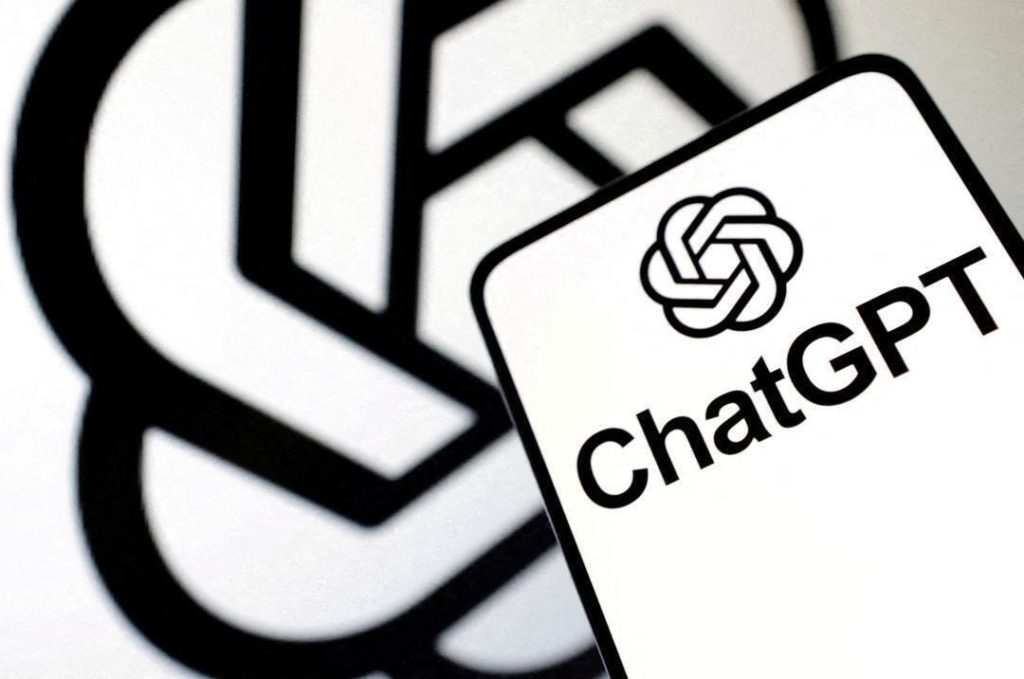
Title: I gave ChatGPT salary details & it fixed my finances, says man
In a world where budgeting and financial planning can be overwhelming and tedious, a US-based author and entrepreneur has discovered a game-changing solution. Adrian Brambila, who has written extensively on personal finance and entrepreneurship, recently shared his remarkable experience with ChatGPT, a language model developed by Meta AI.
In a recent interview, Brambila revealed how he gave ChatGPT his salary details and, in return, the AI tool helped him get his finances in order. According to Brambila, ChatGPT created a zero-based budget for him, adhering to the widely popular 50/30/20 rule. This innovative approach to budgeting has left him with a sense of clarity and control over his finances.
The 50/30/20 rule, as the name suggests, allocates 50% of one’s income towards necessary expenses such as rent, utilities, and groceries. The remaining 30% is allocated towards discretionary spending, including entertainment, hobbies, and travel. The final 20% is dedicated to savings and debt repayment. This rule provides a simple and effective framework for individuals to manage their finances effectively.
Brambila’s experience with ChatGPT is a testament to the power of AI in simplifying complex financial tasks. He emphasizes that he did not need to use spreadsheets, budgeting apps, or even consult a financial advisor to get his finances in order. All he needed were seven prompts to interact with ChatGPT, and the AI tool did the rest.
The ease with which ChatGPT created a personalized budget for Brambila is a significant departure from traditional budgeting methods. Typically, individuals are required to track their expenses, categorize them, and then allocate their income accordingly. This process can be time-consuming and prone to errors. ChatGPT, on the other hand, uses its advanced language processing abilities to analyze Brambila’s income and expenses, and then creates a customized budget based on the 50/30/20 rule.
Brambila’s experience with ChatGPT is not an isolated incident. Several other users have reported similar success with the AI tool. Many have praised its ability to simplify complex financial tasks, provide personalized recommendations, and offer real-time advice. The ease with which ChatGPT can be used, combined with its effectiveness, has made it a popular choice for individuals looking to take control of their finances.
So, how does ChatGPT create a personalized budget? The process is surprisingly simple. Users begin by providing ChatGPT with their income and expenses. The AI tool then uses this information to create a zero-based budget, ensuring that every dollar is accounted for. ChatGPT also takes into account the user’s financial goals, such as saving for a specific purpose or paying off debt.
One of the most significant advantages of using ChatGPT for budgeting is its ability to provide real-time advice. The AI tool offers personalized recommendations on how to allocate one’s income, and provides suggestions for reducing expenses and increasing savings. This level of guidance is not typically found in traditional budgeting methods, which often rely on static spreadsheets and generic advice.
The impact of ChatGPT on Brambila’s finances has been significant. He reports feeling more in control of his money, and is able to make informed decisions about his spending and savings. The AI tool has also helped him identify areas where he can cut back and allocate his funds more effectively.
In conclusion, Adrian Brambila’s experience with ChatGPT is a testament to the power of AI in simplifying complex financial tasks. The AI tool’s ability to create a personalized budget, adhering to the 50/30/20 rule, has given Brambila a sense of clarity and control over his finances. As the use of AI in personal finance continues to evolve, it is likely that we will see even more innovative solutions emerging. For now, ChatGPT has proven itself to be a valuable tool for individuals looking to take control of their finances.






